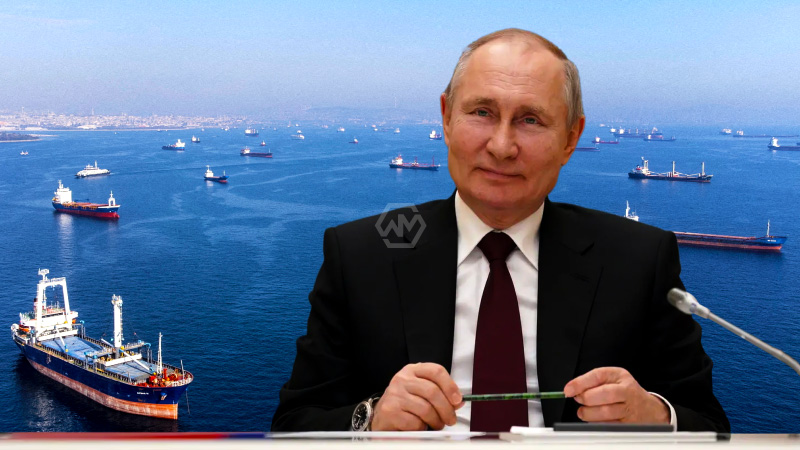- Russia expands fishing rights beyond its exclusive economic zone.
- New law allows Russian vessels to establish quotas in international waters.
- Move reflects tensions with international organizations and aims to stabilize domestic fishing industry.
In a bold move, Russia has expanded its fishing reach beyond its exclusive economic zone, granting its vessels the authority to establish quotas in international waters.
Meanwhile, domestically, the new regulations address pressing concerns within Russia’s fishing industry, particularly in regions like the Azov and Black Seas, where contracts are set to expire.
Expanding Russia’s fishing reach amid international tensions
Russia’s recent fishing regulations mark a significant shift in its maritime strategy, extending fishing rights beyond its exclusive economic zone. This move grants Russian vessels unprecedented authority to establish quotas in international waters, raising eyebrows globally.
Internationally, Russia’s actions come amidst strained relations with organizations like the ICES and the UN’s International Maritime Organization. The decision to assert control over fisheries resources independently hints at potential withdrawal from international agreements, stirring speculation about the country’s broader geopolitical intentions.
Domestically, the amendments address critical concerns within Russia’s fishing industry, particularly in regions like the Azov and Black Seas. By allowing continued fishing operations and mandating timely renegotiations of contracts, the government aims to ensure stability and prevent disruptions in production.
These developments underscore Russia’s multifaceted approach to maritime governance, navigating both domestic challenges and international tensions. The ramifications of these regulatory changes extend beyond the fishing industry, shaping the country’s broader engagement with global maritime affairs.
In conclusion, Russia’s assertive measures in fisheries management reflect a complex interplay of domestic and international dynamics. While aimed at securing control over maritime resources and addressing internal industry challenges, these actions also signal a broader geopolitical stance that may have far-reaching implications for global maritime governance.
“As Russia expands its fishing reach, it not only aims to secure its maritime resources but also sends a clear message about its willingness to navigate international waters on its terms.”



